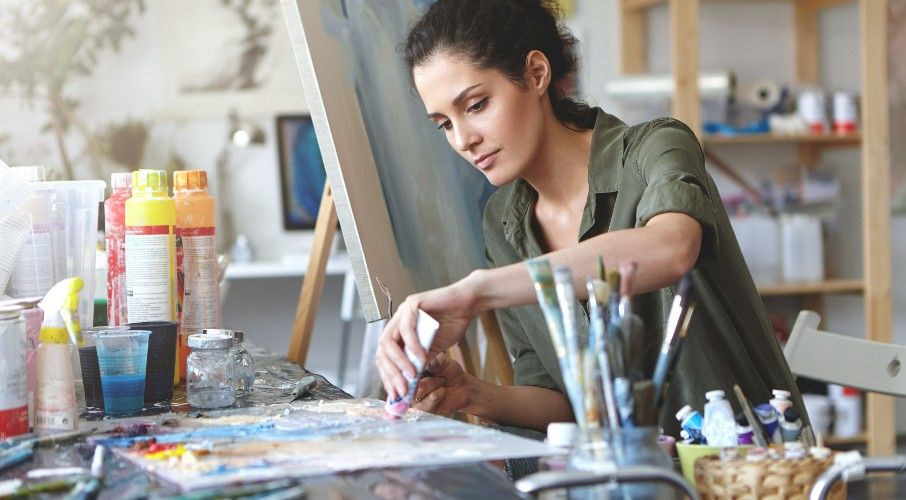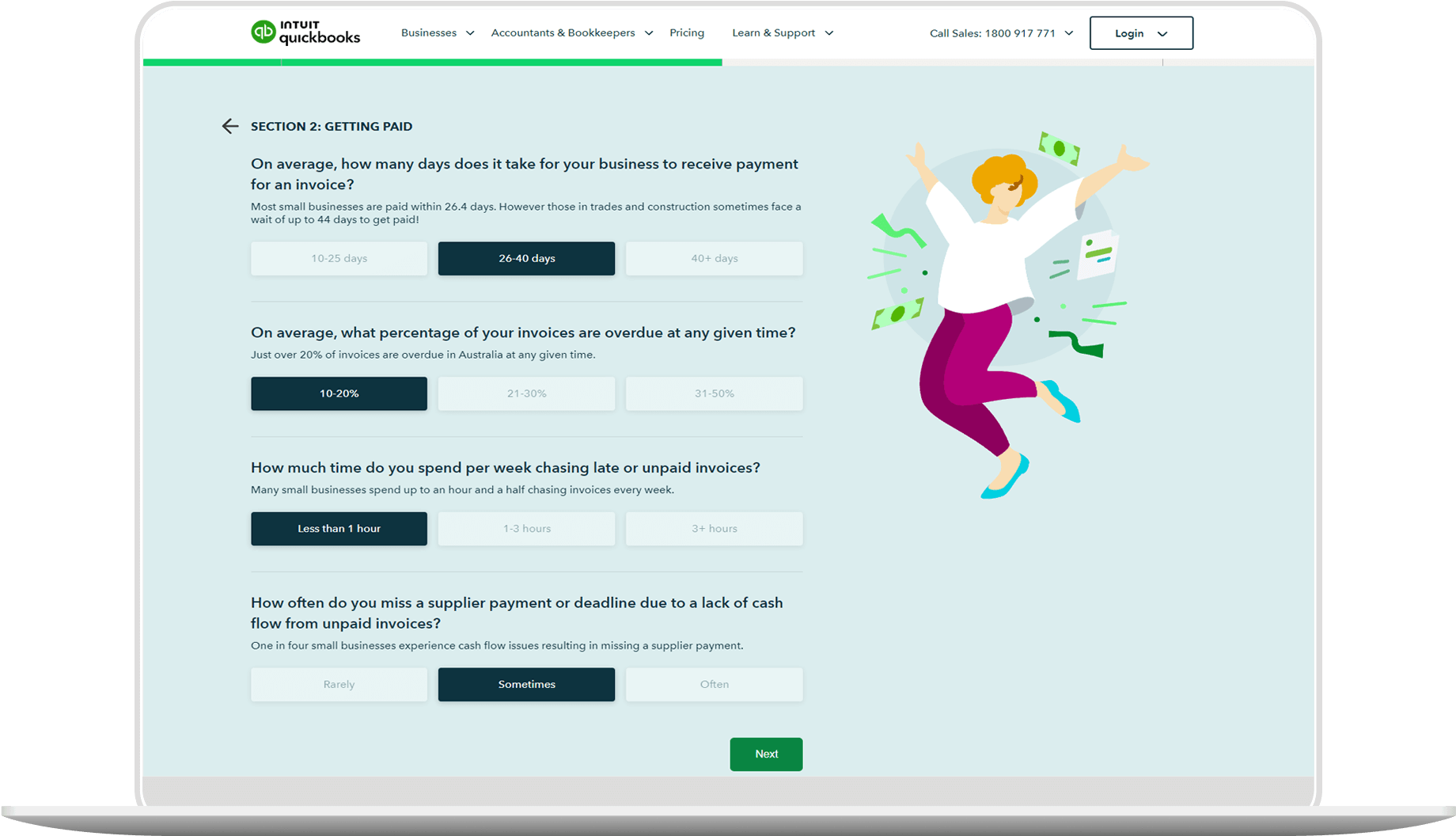Artist tax deductions you can claim
As artists, you may be entitled to a variety of tax deductions. The Australian Taxation Office (ATO) has a list of expenses, but it can be strict about the circumstances when you can claim deductions on your tax.
In general, you can claim work-related expenses if they relate directly to your profession. However, you cannot claim expenses if you were reimbursed by your employer. Furthermore, you may be required to provide evidence, so you must keep a careful log of your expenditures.
Allowances are also considered part of your income but you may not always be able to claim it as a deduction. Examples of allowances you can’t claim include:
- Compensation for aspects of your job that are unpleasant or dangerous like a height allowance
- Compensation for industry peculiarities like irregular working hours allowance
There are some allowances which you may be able to claim. This can include:
- Amounts for certain expenses like a meal allowance when you travel for work
- Amounts for special skills like a first aid certificate
Here’s what you need to know about tax-deductible expenses.
Car and travel expenses
You can claim a deduction on work-related travel expenses, but travel that could be considered personal cannot be claimed. For example, you can’t claim journeys between your workplace and your home, as this would be considered personal travel.
However, you can claim for journeys taken between two different workplaces. For example, if you travel from your rehearsal space to a costume fitting, this journey would be a tax-deductible expense. Or, if you travel to a second job, such as teaching kids at an acting class, this expense would also be deductible.
There are some circumstances when you can also claim the cost of a journey from your house to your place of work. It’s allowed if you are carrying bulky tools or equipment that you need for work, which can only be conveniently transported using a vehicle and cannot be securely stored at work.
Claiming car expenses can be quite complicated, so you need to track your journeys carefully. You can choose to use the logbook method or the cents per kilometre method; either way, make sure your trips are carefully documented.
You have to use the actual cost method to work out the amount you can claim if the vehicle you use:
- Is a motorcycle
- Is able to carry more than one tonne
- Can transport more than 9 passengers
There are a handful of other travel expenses you can claim, such as an overnight trip made to perform your employment duties. As a performing artist, you might need to go out of town to film a scene, and this trip counts as a deductible expense. You can deduct:
- Travel costs
- Fares
- Accommodation
- Meals
Notably, the ATO does not allow you to deduct expenses incurred when you travel to an audition or interview.
Clothing expenses
Sometimes, you can claim for the expenses on clothing, but only when clothes are not considered conventional. You can only claim on compulsory uniforms that are unique to your workplace (i.e. featuring a logo) and consistently enforced. Or, you can claim for occupation-specific clothing, such as dance shoes.
Tax-deductible expenses include buying, hiring, repairing, and cleaning any work-related garments. This also includes protective gear like sunglasses when performing outdoors.
You can’t claim for ‘conventional clothing’, even if the outfit is something your employer requires you to wear. Conventional clothing is any type of clothing that can be worn by people regardless of occupation. So for example, if you work as a stagehand and are required to wear all-black clothing (black shirt, black shoes, black pants) while working. Since these are conventional clothes they would not be claimable.
Grooming expenses
In many instances, the ATO does not allow workers to claim deductions on grooming expenses. Similarly, performing artists cannot deduct hairdressing, cosmetics, or skin care expenses.
That said, there are some allowed circumstances where you can claim deductions for hairdressing if it’s required for a role, including for a specific hairstyle or maintaining a specific hair length for continuity purposes in a role. You can also deduct stage makeup, including the cost of makeup remover.
All grooming expenses that are not related to a role you have would be considered personal expenses and are not tax-deductible.
Research expenses
The cost of researching a character you were employed to play can be claimed. This could include the time usage cost of researching on the internet, fees for websites with the required information and reference materials. For internet usage, you will need to prove that your claimed usage was for work-related reasons.

















